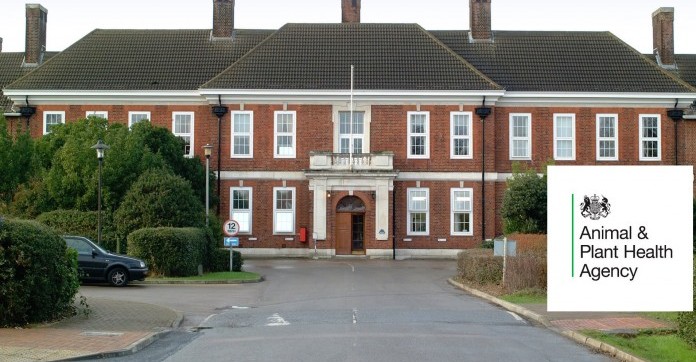Three additional post-mortem examination (PME) providers have joined APHA’s scanning surveillance network.
Over January and February, the Universities of Cambridge, Liverpool and Nottingham joined the five current PME Providers – Royal Veterinary College, Universities of Surrey and Bristol, the Wales Veterinary Science Centre, and SRUC Veterinary Services St Boswells – that work together with the six APHA Veterinary Investigation Centres. They will all continue their valued contribution to scanning surveillance, APHA said.
The agency said the new additions broadens the expertise of, and contributors to, livestock disease surveillance in England and Wales, while also bringing livestock premises in the areas they cover closer to a post-mortem provider.
The APHA’s post-mortem examination and diagnostic testing service provides a major component of the GB scanning surveillance network. The network works closely with vets and farmers to detect and investigate new or re-emerging disease, and diagnose endemic diseases in farm animals.
Accessing PME in APHA’s scanning surveillance network:
- Each PME Provider has an assigned area as shown in colour on the map on this map HERE
- Within each assigned area, the hatched area shows where premises are eligible for free carcase collection and delivery of animals to the PME Provider
Premises within non-hatched areas need to arrange to deliver animals themselves - The postcode search tool identifies and provides contact details for the allocated PME provider and indicates if the premises is eligible for free carcase collection. This is based on the postcode of the premises from where an animal is to be submitted rather than a veterinary practice: http://apha.defra.gov.uk/postcode/pme.asp
- To arrange a PME, the vet calls the relevant PME provider to speak to the duty VIO/vet
- There will be some livestock premises for which the allocated PME provider has changed, and the free carcase collection service may no longer be provided for some holdings. The APHA postcode search tool allows farmers and vets to see the situation for individual premises.
More information about APHA’s scanning surveillance and diagnostic services is available HERE




